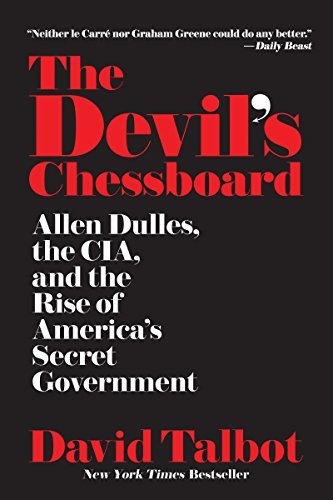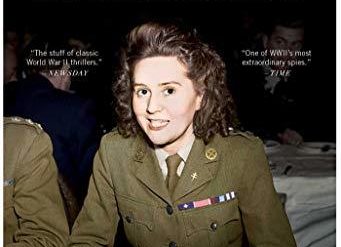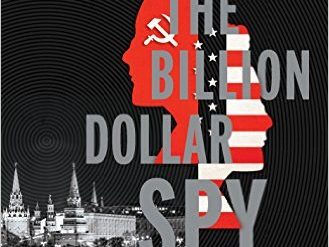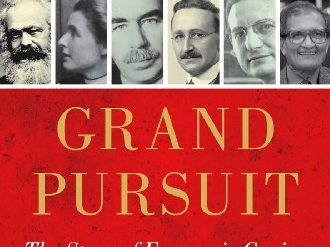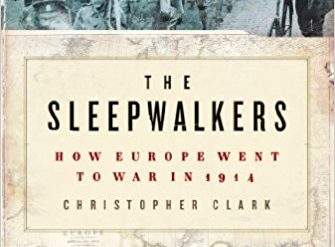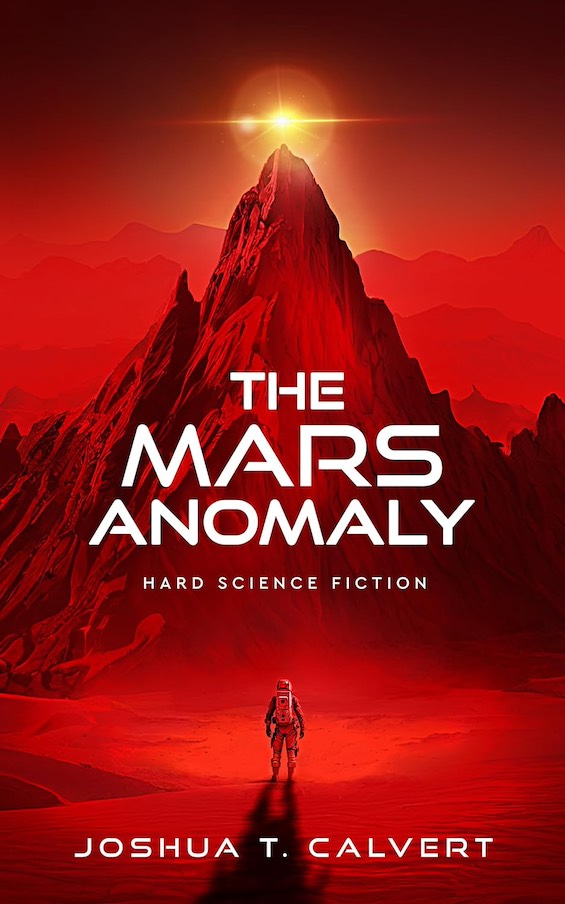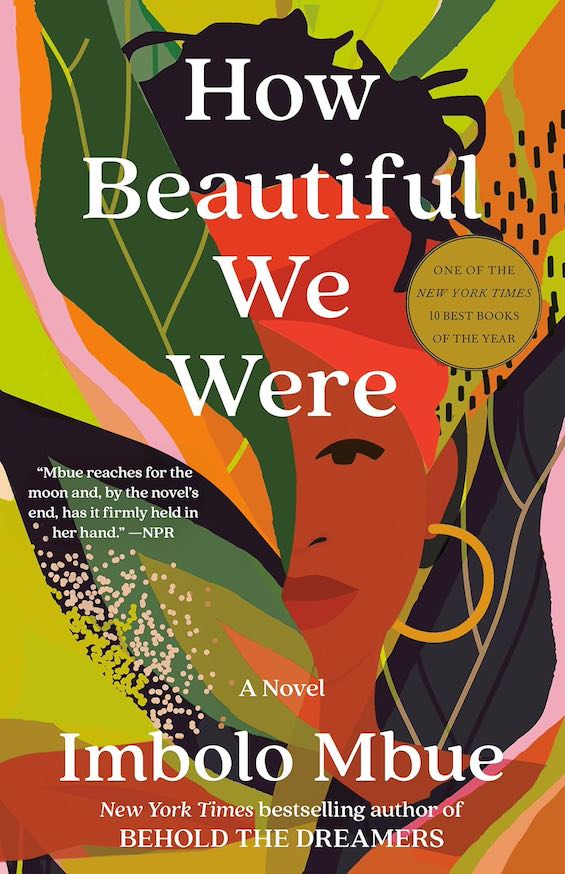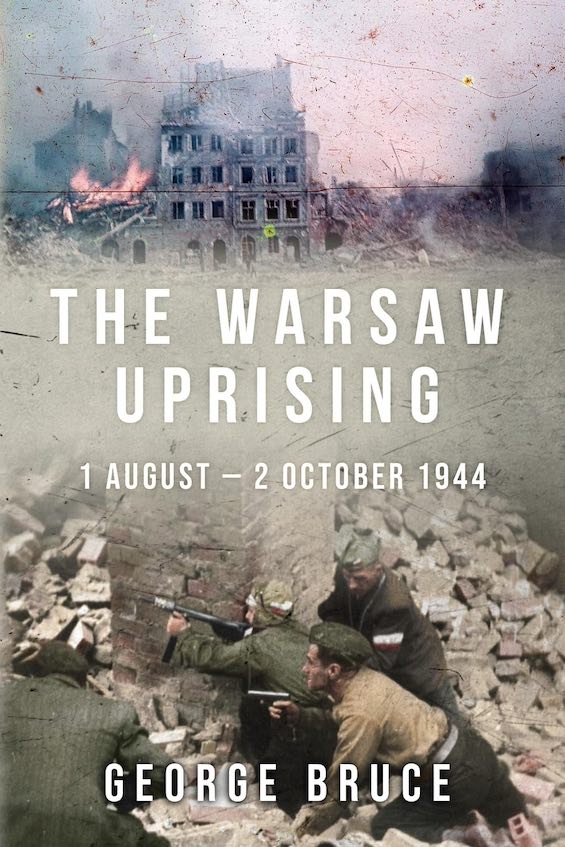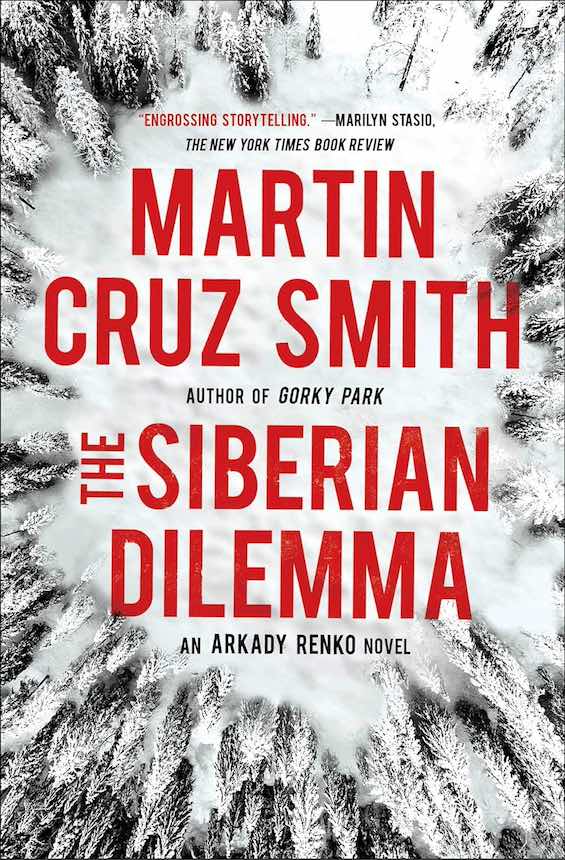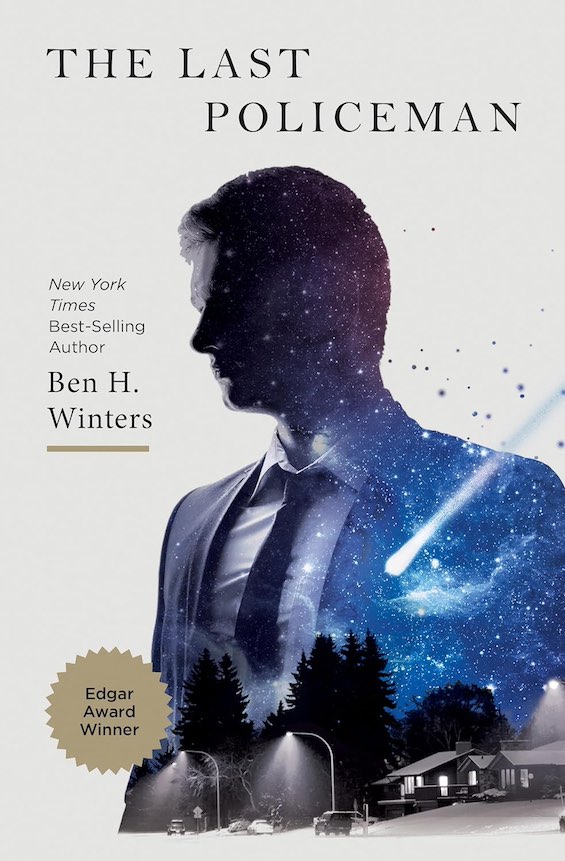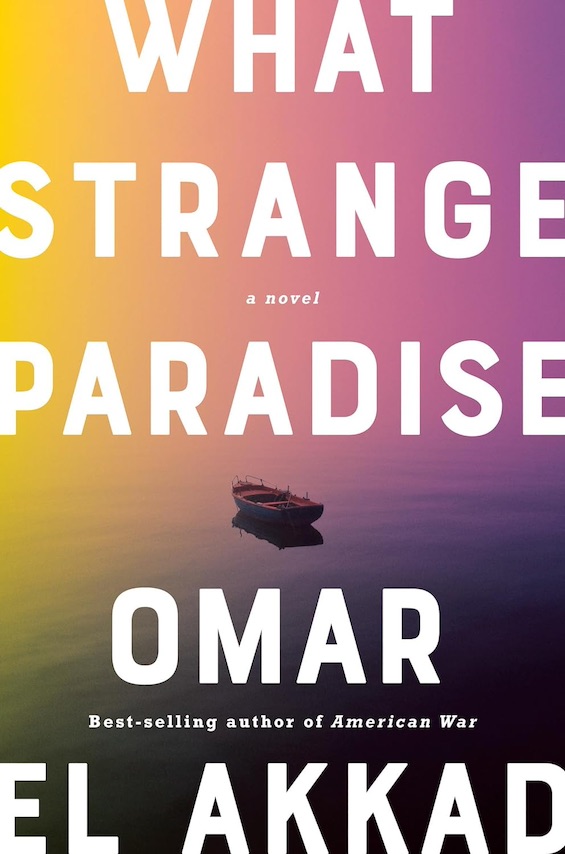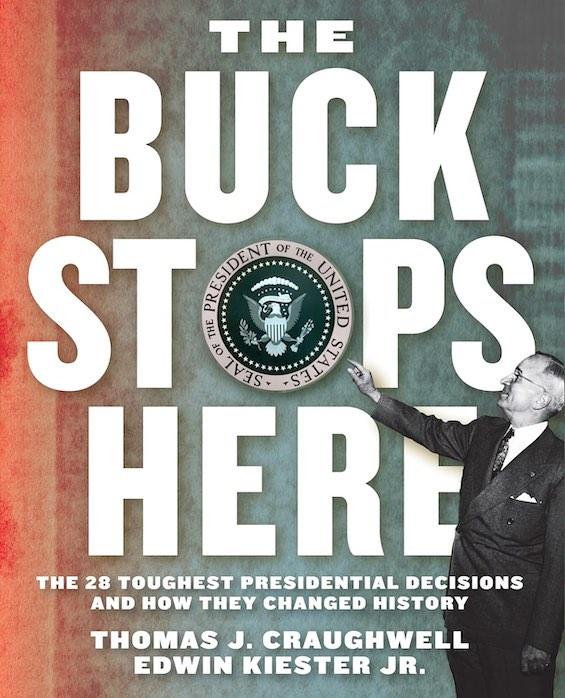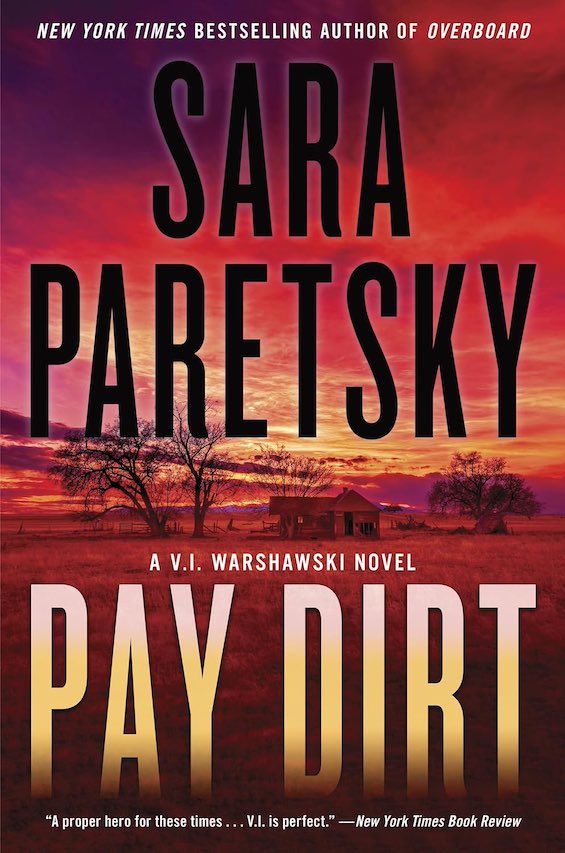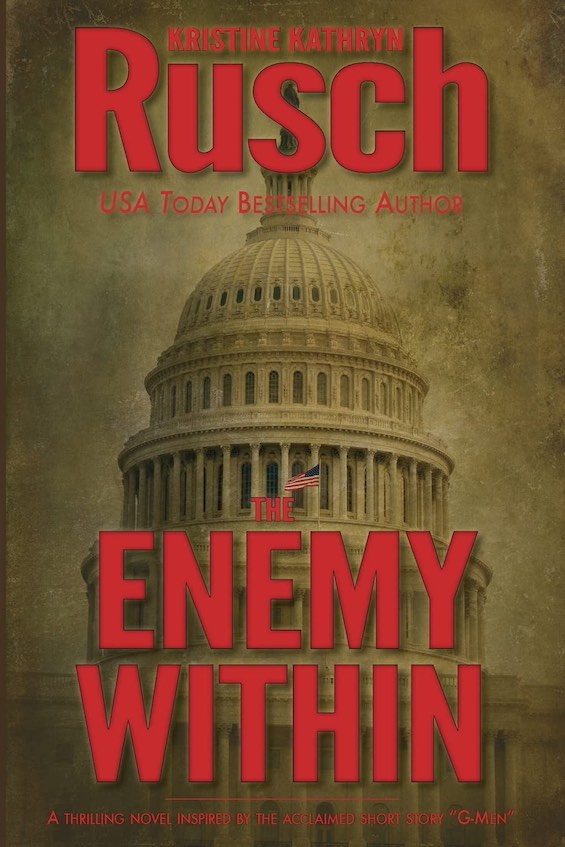National security may be defined in several ways. In the broadest view, national security encompasses the state of the economy, access to necessary raw materials, the strength of governmental institutions, and public morale. Viewed most narrowly, national security is largely limited to the capability of our military and intelligence services and their interaction with the world around us. In this recap of the dozens of good nonfiction books about national security I’ve reviewed to date on this topic, I’ve hewed to a narrower definition.
The books listed below are arranged in alphabetical order by the authors’ last names. Each title is followed by a link to the review I’ve posted on this site.
This post was updated on September 21, 2022.
The good nonfiction books about national security at the top of my list
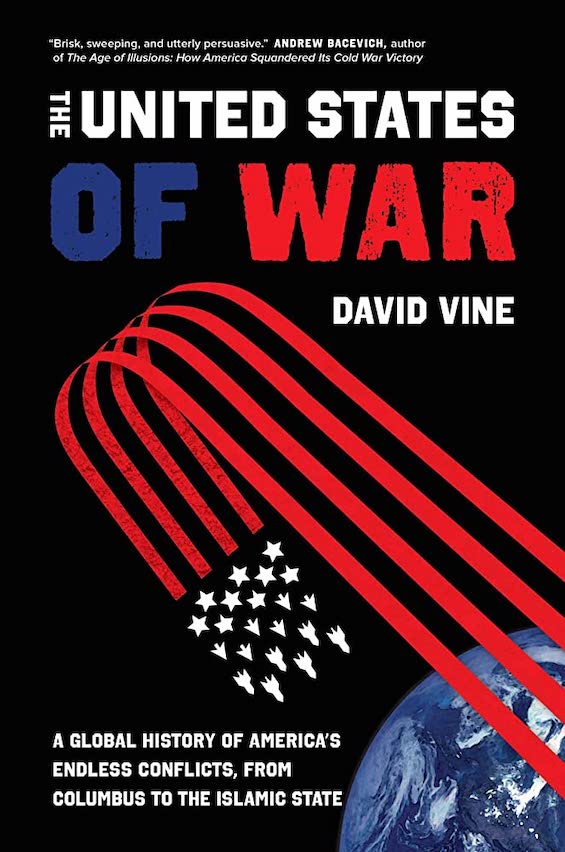
The United States of War: A Global History of America’s Endless Conflicts, from Columbus to the Islamic State by David Vine—A powerful indictment of America’s permanent war
Military leaders famously protest that they love peace, not war. But the evidence suggests otherwise, as David Vine’s explosive book, The United States of War, makes abundantly clear. His book updates and sets in historical context the case laid out nearly twenty years ago in Blowback by former Cold Warrior Chalmers Johnson. That earlier book, and two that followed, popularized the CIA term that highlights the unintended consequences of US military operations abroad. And those consequences have been abundant—not just since World War II, as Johnson argued so persuasively, but since the earliest days of the republic. America’s permanent war, Vine maintains, has profoundly distorted our national priorities and threatens our country’s prospects for the future. Read the review.

The Doomsday Machine: Confessions of a Nuclear War Planner by Daniel Ellsberg – Daniel Ellsberg’s dramatic second act
Daniel Ellsberg, then a high-level consultant to the US military on nuclear war, viewed the film when it was newly released. He was profoundly shocked. He and a friend who worked with him thought Dr. Strangelove was “essentially a documentary.” Somehow, the film’s creator, Stanley Kubrick, had guessed one of the US government’s most closely-held secrets. Despite all the media attention to the “nuclear football” containing the codes to unleash a nuclear war, and the government’s insistence that only the President had access to those codes, it was indeed possible for a local commander to attack the Soviet Union with nuclear weapons. Read the review.

Life Undercover: Coming of Age in the CIA by Amaryllis Fox—Life undercover in the CIA chasing suitcase nukes
Most of us know what little we know about the work of the CIA from novels. Of course, much of that, perhaps most of it, is fanciful. Former CIA officersdo write memoirs from time to time, but often, as the Washington Post noted (June 4, 2012), they write to “settle scores about spies.” And, as the New York Times revealed (March 15, 2005) in “Ex-Spies Tell It All,” their portrait of the Central Intelligence Agency is sometimes “none too flattering.” It’s refreshing, then, to encounter a memoir without a particular axe to grind about the agency. The book, which is both engrossing and beautifully written, is Life Undercover: Coming of Age in the CIA by Amaryllis Fox. Read the review.

The Brothers: John Foster Dulles, Allen Dulles, and Their Secret World War by Stephen Kinzer – They shaped US foreign policy for decades to come
One of them was the most powerful U. S. Secretary of State in modern times. The other built the CIA into a fearsome engine of covert war. Together, they shaped U. S. foreign policy in the 1950s, with tragic consequences that came to light in the decades that followed. These were the Dulles brothers, Foster and Allen, born and reared in privilege, nephews of one Secretary of State and grandsons of another. Allen Dulles masterminded the coup that turned Iranian prime minister Mohammad Mossadegh out of office and installed the Shah on the Peacock Throne. Less than a year later he presided over the operation that ousted Guatemalan president Jacobo Arbenz.Foster Dulles repeatedly replaced U. S. ambassadors who resisted his brother’s assassination plots in countries where they served. Pathologically fearful of Communism, he publicly snubbed Chinese foreign minister Chou En-Lai, exacerbating the already dangerous tension between our two countries following the Korean War. Read the review.

Top Secret America: The Rise of the New American Security State by Dana Priest and William M. Arkin – Concerned about NSA surveillance? Read this book!
Dana Priest and Bill Arkin have written a book that, in a rational world, would usher in an orgy of housecleaning through the far reaches of the Pentagon, the CIA, the NSA, the FBI, the Department of Homeland Security, and every other department, agency, or office that pretends to be involved in strengthening our national security. Even then — even if we somehow reined in the known alphabet agencies –– we would only be scratching the surface. Here’s Priest writing about the work of her co-author: “After two years of investigating, Arkin had come up with a jaw-dropping 1,074 federal government organizations and nearly two thousand private companies involved with programs related to counterterrorism, homeland security, and intelligence in at least 17,000 locations across the United States — all of them working at the top secret classification level.” Read the review.

The Devil’s Chessboard: Allen Dulles, the CIA, and the Rise of America’s Secret Government by David Talbot – When America’s secret government ran amok
The historical record reveals a great deal about Dulles’ career in espionage, highlighting his central role in the overthrow of the Iranian and Guatemalan governments in 1953 and 54, in the notorious MKULTRA program that administered mind-altering drugs to unwitting subjects in at least seven countries, and in the disastrous Bay of Pigs invasion of Cuba in 1961. Recently, The Brothers, Stephen Kinzer’s dual biography of Dulles and his older brother, Secretary of State John Foster Dulles, also spotlighted the two men’s unsavory roles in funneling American capital to help build Hitler’s Germany and in the CIA’s attempts to assassinate Gamal Abdel Nasser in Egypt, Sukarno in Indonesia, Ho Chi Minh in Vietnam, Patrice Lumumba in the Congo, and Fidel Castro in Cuba. Now, Talbot has delved more deeply into the record and taken a far more critical look at Dulles’ career in The Devil’s Chessboard: Allen Dulles, the CIA, and the Rise of America’s Secret Government. The picture that emerges is shattering. Read the review.
Other good nonfiction books about national security
The Quiet Americans: Four CIA Spies at the Dawn of the Cold War by Scott Anderson—Four CIA spies who helped set US policy in the 1940s and 50s
The Longest War: Inside the Enduring Conflict Between America and Al-Qaeda by Peter L. Bergen – The conflict between the U.S. and Al Qaeda
The Spy Who Couldn’t Spell: A Dyslexic Traitor, an Unbreakable Code, and the FBI’s Hunt for America’s Stolen Secrets by Yudhijit Bhattacharjee – Before Edward Snowden was “The Spy Who Couldn’t Spell”
In the Enemy’s House: The Secret Saga of the FBI Agent and the Code Breaker Who Caught the Russian Spies by Howard Blum – How the Soviet atomic spies were caught
The Spy Who Knew Too Much: An Ex-CIA Officer’s Quest Through a Legacy of Betrayal by Howard Blum—Unmasking the mole in the CIA
Presidents in Crisis: Tough Decisions inside the White House from Truman to Obamaby Michael K. Bohn—An eye-opening plunge into Presidential decision-making
Worm: The First Digital World War by Mark Bowden – How hackers almost brought down the Internet—and still could
Cyber War: The Next Threat to National Security and What to Do About It by Richard. A. Clarke and Robert K. Knake – An authoritative insider’s take on the threat of cyber war
The Twilight War: The Secret History of America’s Thirty-Year Conflict with Iran by David Crist – The ugly US-Iran war, past, present, and future
National Security and Double Government by Michael J. Glennon – Who makes national security decisions? Not the President!
A World in Disarray: American Foreign Policy and the Crisis of the Old Order by Richard A. Haass – American foreign policy in a “nonpolar” world
The Snowden Files: The Inside Story of the World’s Most Wanted Man by Luke Harding – Edward Snowden in context: the inside story
The Assault on Intelligence: American National Security in an Age of Lies by Michael V. Hayden – Donald Trump’s war on the intelligence community: a view from the inside
Bravehearts: Whistle-Blowing in the Age of Snowden by Mark Hertsgaard – National security or insecurity?
The Billion Dollar Spy: A True Story of Cold War Espionage and Betrayal by David E. Hoffman – A gripping true-life tale of Cold War spycraft
The Pentagon’s Brain: An Uncensored History of DARPA, America’s Top-Secret Military Research Agency by Annie Jacobsen – The mind-boggling story of America’s top-secret military research
Dark Territory: The Secret History of Cyber War by Fred Kaplan – The secret history of cyber war
Asia’s Cauldron: The South China Sea and the End of a Stable Pacific by Robert D. Kaplan – US-China competition through the lens of geopolitics
Monsoon: The Indian Ocean and the Future of American Power by Robert D. Kaplan—The geopolitical reality behind the “pivot to Asia”
Surveillance Valley: The Secret Military History of the Internet by Yasha Levine – Shocking revelations: the secret military history of the Internet
A Spy Among Friends: Kim Philby and the Great Betrayal by Ben MacIntyre – Was Kim Philby the greatest spy ever?
The Way of the Knife: The CIA, a Secret Army, and a War at the Ends of the Earth by Mark Mazzetti – Drones, mercenaries, and targeted murder: the new CIA strategy
Three Minutes to Doomsday: An Agent, a Traitor, and the Worst Espionage Breach in US History by Joe Navarro—The worst spy scandal in US history, and it’s not what you think
Patriotic Betrayal: The Inside Story of the CIA’s Secret Campaign to Enroll American Students in the Crusade Against Communism by Karen M. Paget – How the CIA infiltrated the National Student Association
My Journey at the Nuclear Brink by William J. Perry – A cold hard look at the enduring nuclear threat
Confront and Conceal: Obama’s Secret Wars and Surprising Use of American Power by David E. Sanger – The surprising emergence of Barack Obama’s secret wars
The Pornography of Power: How Defense Hawks Hijacked 9/11 and Weakened America by Robert Scheer – Pentagon waste and fraud, and who’s really responsible for them
Counterstrike: The Untold Story of America’s Secret Campaign Against Al Qaeda by Eric Schmitt and Thom Shanker – Understanding the secret American campaign against Al Qaeda
Operation Shakespeare: The True Story of an Elite International Sting by John Shiffman – How Homeland Security went abroad to capture an Iranian arms dealer
The Afghanistan Papers: A Secret History of the War by Craig Whitlock—The lies they told us about the Afghanistan War
Peril by Bob Woodward and Robert Costa—Bob Woodward’s revealing new book about the Trump-Biden transition
For related reading
You might also care to see Eye-opening books about terrorism or 13 good recent books about American foreign policy.
And you can always find my most popular reviews, and the most recent ones, on the Home Page.

